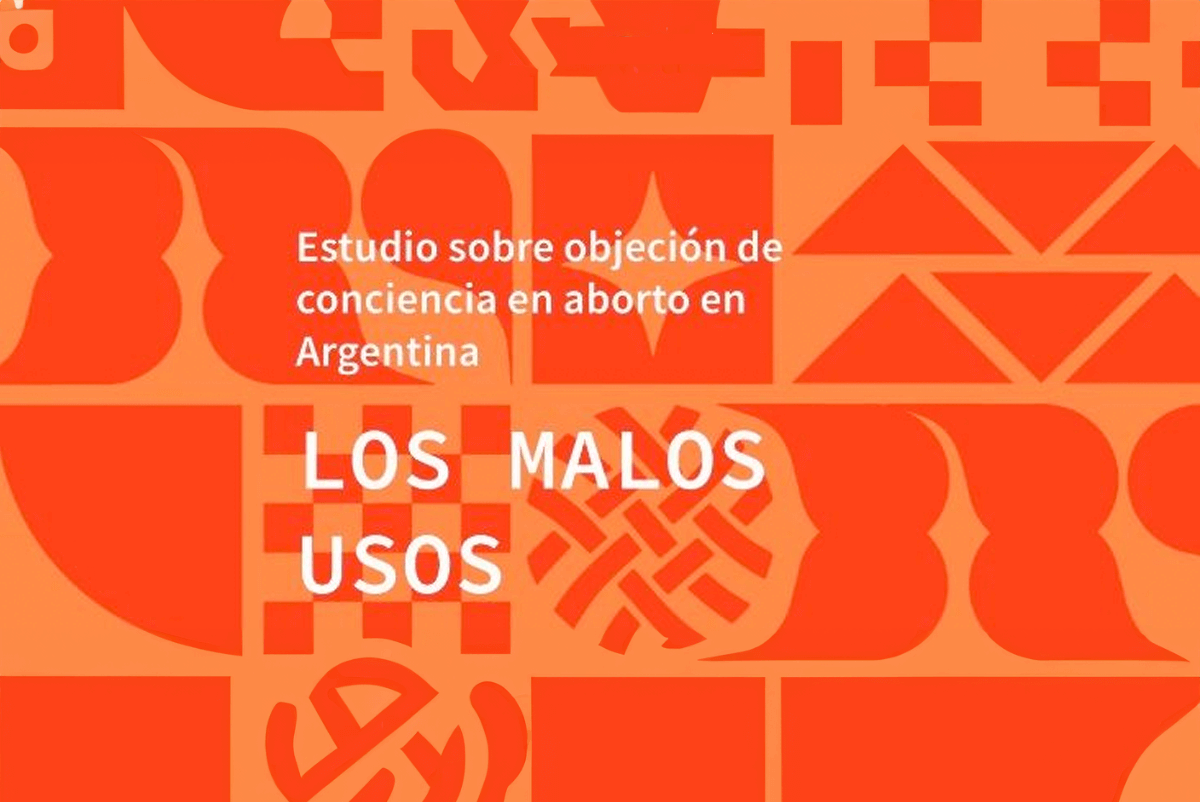
by CEDES, REDAAS, and Equipo ELA, in collaboration with El Gato y La Caja
The enactment of Argentina’s Law 27.610, which guarantees access to voluntary termination of pregnancy and post-abortion care, recognized two rights simultaneously: on the one hand, the right of girls, adolescents, women, and others with childbearing capacity to terminate unwanted pregnancies, and on the other, the right of healthcare professionals to refrain from performing an abortion if it conflicts with their personal convictions. However, the law sets limits and obligations.
In Argentina, is conscientious objection (CO) being applied correctly? Are the obligations established by law being met, or is CO instead becoming an obstacle to access abortion?
CEDES, REDAAS and ELA, with the support of El Gato y La Caja, conducted a study to explore how healthcare providers are using (or misusing) conscientious objection. The design of this monitoring, the collection of information, its systematization and analysis, were carried out by Agustina Ramón Michel (the study coordinator), Dana Repka, Agustina Santomaso and Eva Panaro.
A mixed methodology was employed, combining documentary review of digital media sources, civil society reports, government documents, and in-depth interviews with decision-makers, civil society activists, directors of medical services, and healthcare professionals. We found 223 cases of abortion denial due to CO across the country from the enactment of the abortion law on 30 December 2020 until 31 December 2023.
In 136 of these cases, the refusal was individual, meaning healthcare personnel invoked conscientious objection to avoid performing an abortion. More than half of these individual refusals (72) represented illegal uses of CO, as there was no assurance of referral, users were mistreated or misinformed, or those invoking CO were not authorized to do so, as they were not directly involved in providing the abortion.
The other 87 cases were characterized as institutional denials, where hospitals, clinics, or health centers refused to provide abortion services. This occurred because all medical personnel claimed conscientious objection (which is only allowed in private institutions and only if they provide referral mechanisms), or because institutional CO was declared (despite it being illegal under Argentine law). In this regard, 90% (78) of the institutional denials were illegal, involving public hospitals with no non-objecting staff or private providers that failed to provide referrals.
Among these, there were particularly concerning cases of institutional denials that forced women to travel long distances to access abortion services. This was the case in the towns of Río Grande (Tierra del Fuego), Zapala (Neuquén), and Mercedes (Corrientes), where women had to travel over 200 kilometers to the provincial capitals to exercise their right to choose.
Among these, there were particularly concerning cases of institutional denials that forced women to travel long distances to access abortion services. This was the case in the towns of Río Grande (Tierra del Fuego), Zapala (Neuquén), and Mercedes (Corrientes), where women had to travel over 200 kilometers to the provincial capitals to exercise their right to choose.
The full text of the study is available in Spanish here: https://cedes-eglc.netlify.app/
For an English translation, right click on the cover page on the website and a string of options will come up, including, near the bottom: Translate to English. This may not be available on all computers.
The social media version of this publication can be found here: https://www.instagram.com/p/DBHlSuwvQjD / https://www.instagram.com/p/DBHjbIVTJtO
SOURCE: Dana Repka, LL.M. Candidate & Fellow, International Reproductive and Sexual Health Law Program, University of Toronto. E-mails: 14 & 15 October 2024



